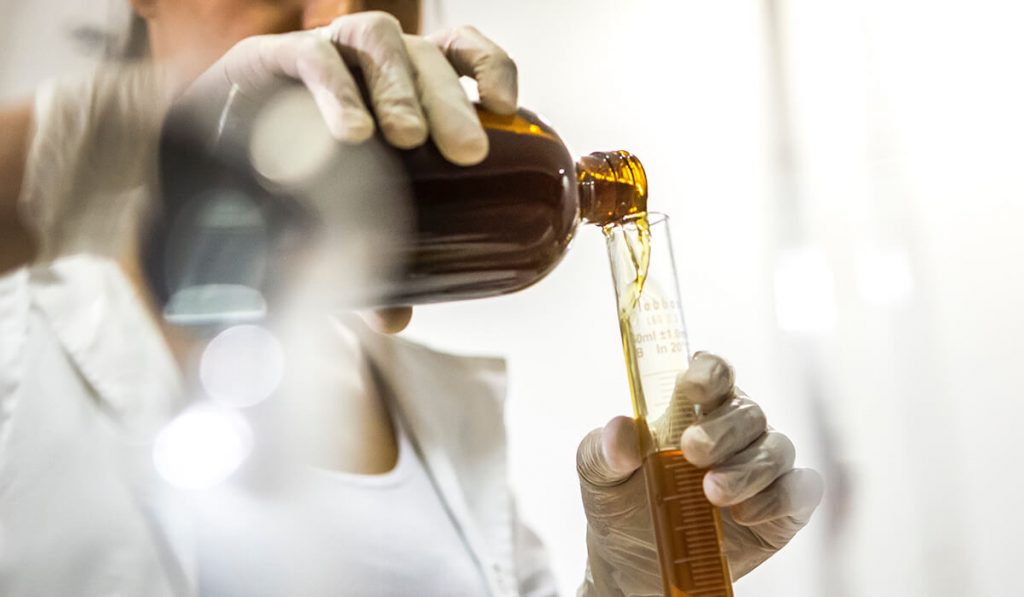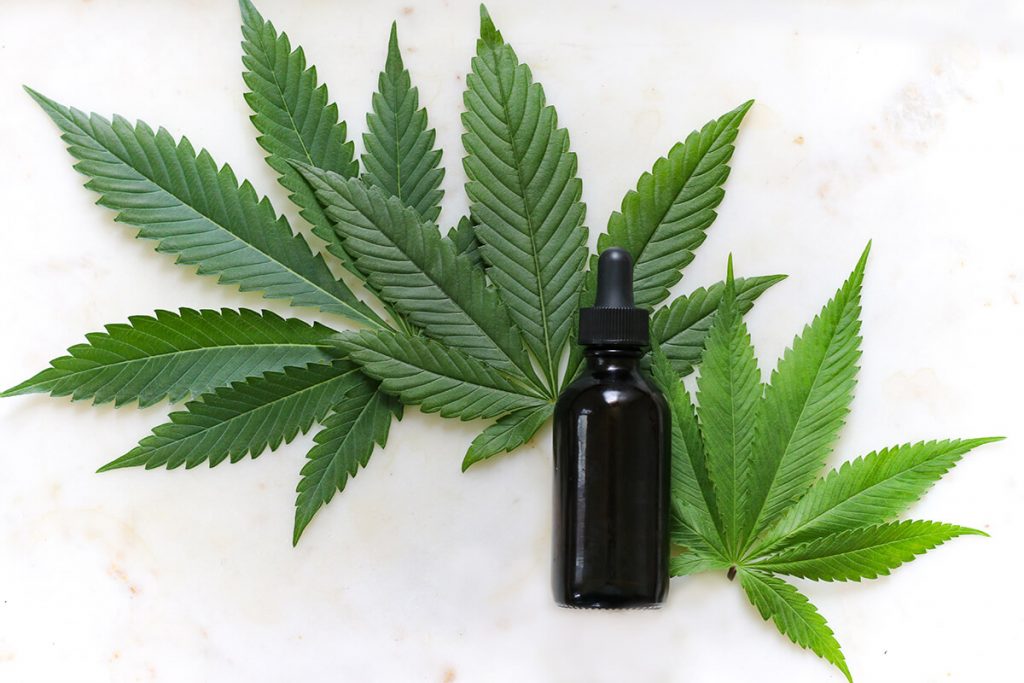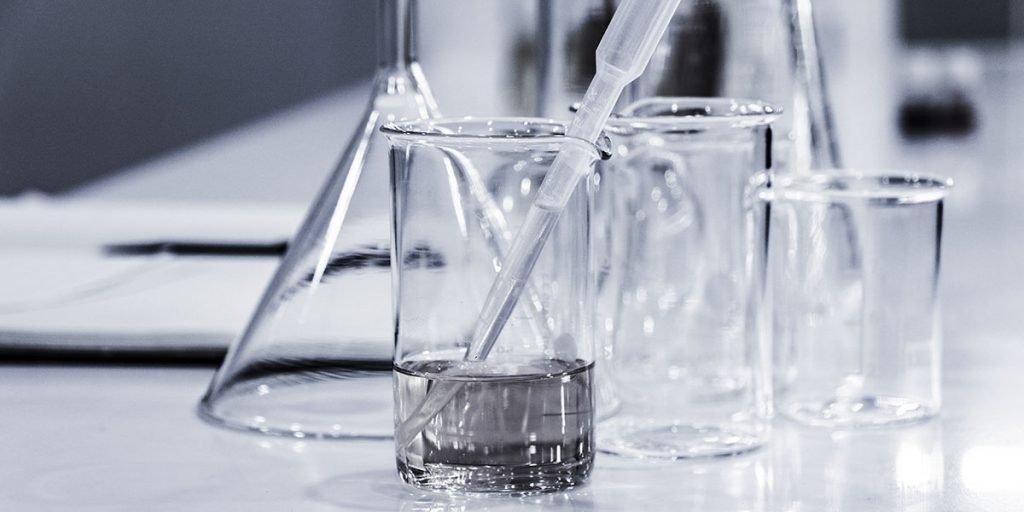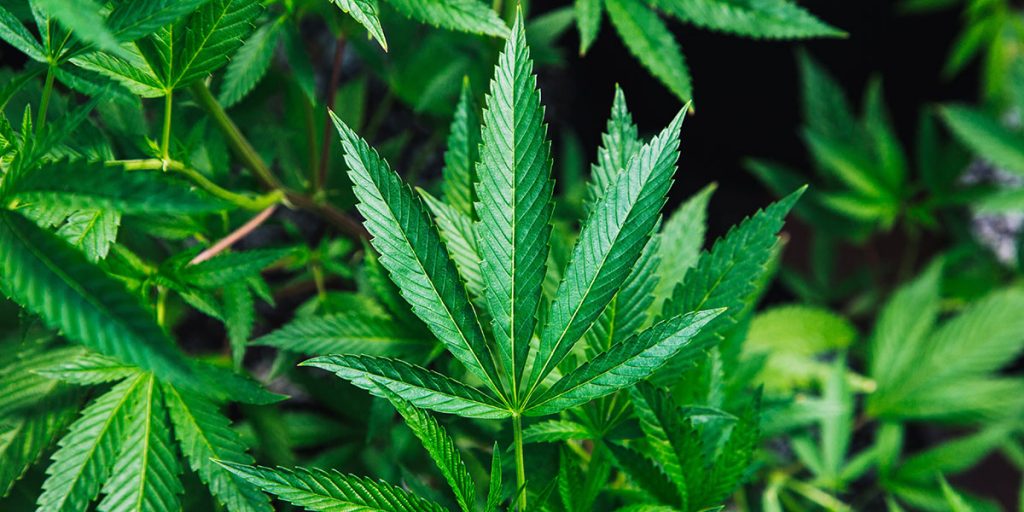No products in the cart.
As more hemp and cannabis companies enter the industry, it’s important to look at the role testing laboratories play in the industry and why they’re so important.
It doesn’t matter which way you look at it. Laboratory testing of all cannabis products such as hemp and marijuana is an integral part of the cannabis industry. All hemp and marijuana products being sold in the United States are required to undergo certain testing requirements. Third-party DEA regulated laboratories are the new USDA standard.
The tests being carried out by these approved laboratories are integral in ensuring that cannabis products are safe for consumption and contain the specified levels of cannabinoids.
Laboratory tests are mostly focused on the potency levels of the products; in other words, how much cannabidiol (CBD) and tetrahydrocannabinol (THC) is in the product and residual pesticides, unwanted contaminants and mycotoxins such as mold or mildew.
There are also a variety of other tests that many cannabis testing laboratories can conduct, such as terpene levels, but these are mandatory tests. All of these different tests utilize specialized laboratory equipment, depending on what you’re testing for. It requires specialized testing laboratory procedures, and all laboratory technicians are trained and certified.
Table of Contents

Technology And Processes Used In Cannabis Laboratory Testing
The majority of cannabis testing laboratories are concerned with compliance data. Compliance data is the testing protocols that are mandated by the state’s regulatory body. These are the tests that have to be performed on cannabis products so that they can be approved for sale and distribution.
When you purchase a marijuana or hemp product which is labeled that it ‘meets compliance’ it means that it has met the state’s requirements regarding strength, pesticides, contaminants, mildew, and mold.
All accredited laboratories follow strict analytical methods and procedures to ensure that the data they produce is in line with the state’s guidelines. Different laboratories have different tests that they conduct, but most cannabis testing laboratories offer a core amount of the same tests.
Most laboratories are third-party companies that have to pass an independent accreditation program. This accreditation process usually supplies compliance data to the state’s regulatory body. This helps to ensure that any laboratories proving lab testing of cannabis products meet the state’s stringent requirements.
The laboratory accreditation procedure ensures that labs have the right equipment, they follow the correct procedure, and all their staff and technicians have gone through adequate training and education to conduct tests. Laboratories employ a variety of different staff, including microbiologists and trained chemists that are experts at analyzing data and chromatography.

What Are They Testing Cannabis For?
All hemp and marijuana products go through a variety of different tests to ensure that they meet their regulatory requirements. Below we’ll talk about a few of the different tests which most state bodies require cannabis and hemp products require:
- Potency – Accurate potency labeling on all hemp and marijuana products is vital. It’s the way that many people determine their dosing requirements. The potency testing shows the levels of CBD and THC, which are in the products. There are several different ways that these levels can be displayed:
Cannabinoids per weight: e.g., 35% THC
Total cannabinoids present: e.g., 125mg THC
A ratio of THC/CBD: e.g. 3:1 CBD/THC
- Contamination – During the cultivation and processing stage of production, cannabis products go through a variety of different processes and people. All this before they even reach the retail shelves of dispensaries and stores. Contaminants can be introduced at a variety of different stages, and it’s important to test for contamination before the final product reaches the hands of customers. There are three different categories which the screening for contaminants falls under:
Chemical contaminants – During the growing stage or cultivation stage, hemp and marijuana plants can be exposed to a variety of different pesticides and chemicals. These include artificial growth hormones, insect pesticides, and flushes. All these chemicals could be dangerous for users to ingest. All state regulatory bodies have long lists of banned chemicals, and pesticides, and cannabis products must be free of them.
During the production of concentrates and extracts, solvents can be introduced during the extraction process. This means that they need to be tested for residual solvents such as xylene, butane, and ethanol.
Microbial contaminants – Anything that contains water needs to be tested for microbial contaminants. The two go hand in hand together. If present, mycotoxins such as mold, mildew, and fungus can be dangerous if ingested. They can be particularly dangerous for people with weak immune systems and medical conditions. Microbial contamination is more of a risk during the cultivation stage of the process but can also occur during packaging and handling if the staff doesn’t apply correct hygiene practices.
Heavy metals and physical contaminants – Physical contaminants such as dirt, hair, and dust can make their way into different cannabis products during the cultivation, processing, and packaging stages. Heavy metals such as mercury, lead, and cadmium are normally introduced during the cultivation stage. They can be present in the soil or be a byproduct of fertilizers and nutrients which are used. They are absorbed by the roots of the plant and make their way into the final product.
Check out some of our lab tested products!

Comprehensive Cannabinoid and Terpene Testing and Profiling
There are a variety of other tests that are done on cannabis products to test their cannabinoid and terpene profile. A lot of these tests aren’t for compliance, but they allow producers and growers to gather information and build a better understanding of the different strains that they are cultivating and breeding.
Depending on which facility is doing the tests, these screenings can be used to test for the presence of the major terpenes and cannabinoids such as THC, THCA, THCV, CBD, CBDA, CBG, CBC, and a variety of others.

Different Types of Tests for Cannabis Products
Unprocessed cannabis could contain a variety of different natural compounds, including cannabinoids, flavonoids, terpenes, and also unwanted residual contaminants such as heavy metals, mycotoxins, and pesticides. The following are different types of tests which are used by cannabis companies to test cannabis:
- Analytical Chromatography (GC, HPLC) – Analytical chromatography is one of the procedures that is used to determine the concentration of compounds in cannabis. The analytical chromatography procedure dissolves a small sample into a fluid and then pours that fluid through an absorbent. Different compounds will move through the absorbent at different speeds, which leave different colors behind on the absorbent. The colored separation will help to determine the levels of different compounds. There are a variety of different methods of chromatography, but in the cannabis industry, the two most commonly used methods are gas chromatography (GC) and liquid chromatography (LC), and in particular, high-performance liquid chromatography (HPLC). HPLC is the preferred method because it doesn’t add excessive amounts of heat like GC. Excessive amounts of heat can destroy cannabinoids during the procedure that could affect results.
- Mass Spectrometry (MS) – Mass spectrometry is different from both GC and HPLC. It measures the mass of chemical compounds and molecules in the cannabis sample. It ionizes the different compounds and subjects them to either a magnetic or electric field. The deflection rate is displayed in a spectrum that is then analyzed.
- Nuclear Magnetic Resonance Spectroscopy (NMR) – Both HPLC and GC require excessive amounts of solvents and can be extremely time-consuming. Because of this, it makes both methods an expensive way of testing cannabis. More laboratories are investigating nuclear magnetic resonance (NMR) spectroscopy. It doesn’t destroy the samples and uses no solvents. As a bonus, it also has a much faster turnaround time on test results. NMR measures the magnetic fields around atomic nuclei. A sample of cannabis is placed into a magnetic field, and then it is bombarded with radio waves, which excites the nuclei, which can then be detected easily by radio receivers. The nuclear magnetic resonance (NMR) spectroscopy process measures the changes in the frequency of the magnetic fields, detailing the different structures of molecules and chemical compounds.
Different Cannabis Testing Companies
There are a variety of premium testing companies that offer testing services to cannabis dispensaries, cultivators, and retail companies. Each testing company offers different services to its clients.
ProVerde Laboratories – ProVerde offers a variety of different testing services, which help give both patients and caregivers more understanding about what is inside their cannabis products. They also allow cultivators to understand the profiles of the cannabis plants in which they are growing. Through testing, they can more efficiently understand the growing process, and testing enables them to better cultivate new strains. The testing of different cannabis products allows customers to gauge better their tolerance and what the reaction to the cannabis products will be. In addition to these types of tests, ProVerde Laboratories also conduct safety tests on products which include Residual Solvent (VOC) testing, Mold/Mildew/Fungus/Yeast screenings, E. coli/Salmonella screenings, Mycotoxin screenings, Heavy Metal & Elemental analyses and Pesticide/Plant Growth Regulator (PGR) testing.
Additional ProVerde Laboratories Resources:
- Patient/Caregiver Services
- Dispensary/Cultivator Services
- Hemp and CBD Industry Services
- Researcher/Clinician Services
- Consulting Services
- Product Development Services
New Bloom Labs – New Bloom Labs offers a variety of different tests that are tailored towards cannabis testing for cannabis cultivators, dispensaries, and retailers. They have a variety of different affordable tests that are perfect for home growers and even large cannabis cultivators. These tests include cannabinoid potency tests with rapid turnaround times, cannabis potency tests by volume, heavy metals analysis of soil, heavy metal analysis of flower, and coming soon they will be testing for terpene profiles, residual solvents and also pesticides.
The Importance Of Third-Party Testing Labs for Hemp and Cannabis Products Conclusion
Unfortunately, the rapid rise of the cannabis industry has been both a blessing and a curse to reputable cannabis and hemp companies. There are a large number of different companies all rushing to cash in on the market. A small percentage of these companies are pushing products that don’t contain the levels of cannabinoids, which their product descriptions claim.
That’s why it is so important to purchase all your marijuana and hemp products from reputable companies that offer independent third-party testing of their products. Companies such as Snapdragon Hemp have all their laboratory test results available in a transparent manner on their website. This ensures that all their clients understand the potency of their products and can buy with the reassurance that they’re getting what they paid for.
Laboratory testing of cannabis products such as hemp and marijuana plays a big role in reassuring customers that they are getting a safe product, which also does what it’s supposed to do. If you are purchasing any marijuana or hemp products, then it’s important that the company you are buying from uses hemp or marijuana, which is grown and produced in the United States and also comes with third party independent laboratory testing of all its products.
It’s important that you always consult with your doctor or healthcare professional before altering, ceasing, or starting any new medications. This article is for entertainment purposes only, and in no way does it hold the writer or publisher responsible for any actions which arise from it. If you have any questions about laboratory testing, don’t hesitate to comment below or contact us directly. Our friendly and professional staff members are only too happy to assist with any inquiries.